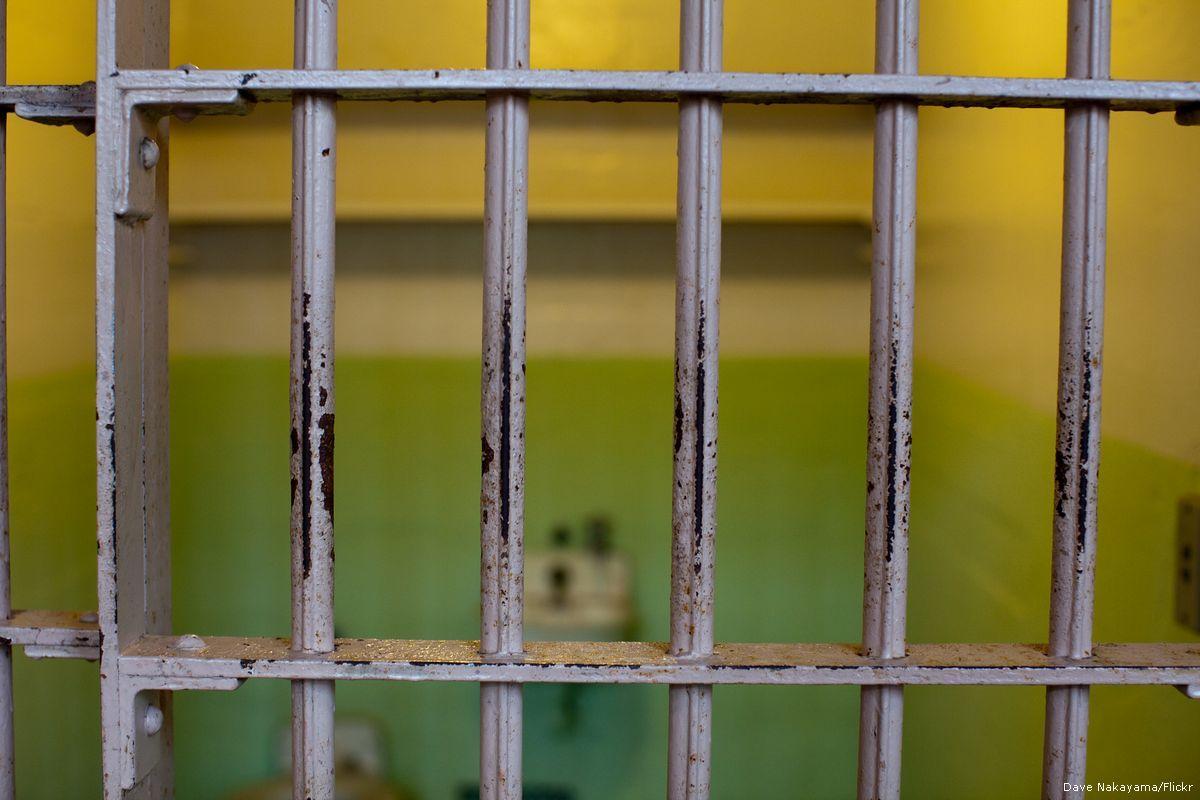***On 4 May 2019, United Arab Emirates (UAE) prisoner Alia Abdulnoor died in custody following a battle with terminal breast cancer.
On 12 February 2019, the Special Rapporteur on the right of everyone to the enjoyment of the highest attainable standard of physical and mental health; the Special Rapporteur on the promotion and protection of human rights and fundamental freedoms while countering terrorism; and the Special Rapporteur on torture and other cruel, inhuman or degrading treatment or punishment sent an Urgent Appeal (ARE 2/2019) to the Government of the United Arab Emirates (UAE). The appeal concerns the alleged torture and ill treatment faced by female detainees Amina Ahmed Saeed Al-Abdouli, Maryam Suliman Al-Balushi, and Alia Abdulnour. The Urgent Appeal calls for UAE authorities to investigate and report on these cases, to hold the perpetrators accountable, and to provide factual and legal grounds the detention of these women.
Amina Mohammed Al-Abdouli is a teacher and a mother of five children. On 19 November 2015, she was taken without a warrant by State Security Agents and was detained in a secret location for seven and a half months before being transferred to the Al-Wathba prison. She was accused of “inciting hatred against the State and disturbing public order,” and was sentenced to five years for tweeting about her father’s death in Syria. During her detention, she was insulted, tortured, and threatened with losing custody over her children. As a result of continuous beating, Al-Abdouli began to go blind in her left eye, but was not provided with proper medical treatment. Even after her health deteriorated, she continued to be kept in overcrowded cells that were overheated, foul-smelling and contaminated with insects. In addition to depriving her of medical care, prison authorities also performed random humiliating strip searches at night and denied her the right to have direct contact with her children during family visits.
Similarly, Maryam Suliman Al-Balushi, a 21-year-old student in the College of Technology in the city of Kulba, was accused of “financing terrorism” for her donation to a Syrian family. While being detained in a secret detention center, Al-Balushi was repeatedly beaten and threatened with rape. In prison, Al-Balushi lived under constant surveillance, with cameras placed in her bathroom specifically to humiliate her. She was also denied a family visit even when her mother traveled long distance to see her. In response to the torture, she went on multiple hunger strikes to demand an investigation, but her concerns were not addressed.
Alia Abdulnour was also arrested and taken into custody for the charge of “financing terrorism” after she raised funds to help needy Syrian families in the UAE and war-affected women and children in Syria. When she was detained, she was tortured and forced to sign a confession; however, no follow-up investigation has been carried out for these allegations. Moreover, Abdulnour has been consistently denied proper treatment to manage the pain of her breast cancer.
The United Nations (UN) Special Procedures Urgent Appeal calls on the Emirati government to account for its flagrant human rights abuses and horrible treatments of female detainees. To stress the prohibition of torture and the inhumane treatments of detainees, the mandates refer to a series of domestic legislations; UN Security Council, Human Rights Council and General Assembly resolutions; and international laws such as the Convention Against Torture and Other Cruel, Inhuman or Degrading Treatment or Punishment (CAT) to signal that torture has long been considered illegal under international human rights norms.
In sum, the joint communication demands a response from the UAE that addresses the allegations raised around its ill treatment of female detainees. It also calls upon the UAE to explicate the factual and legal grounds for detention of these women, and to provide additional details on the investigation, medical examinations, and judicial inquiries. The UN Special Procedures urges the Emirati authorities to investigate and halt alleged human rights violations and to hold all perpetrators accountable.
Cindy Lu is an Advocacy Intern with ADHRB





